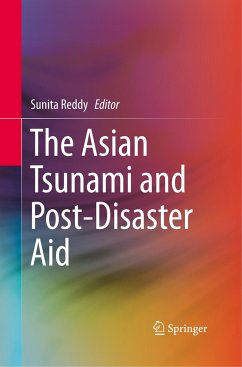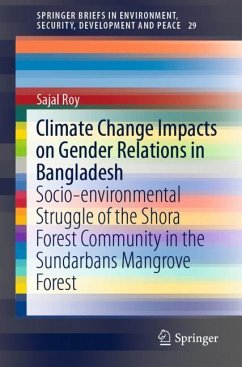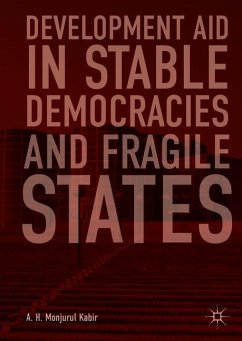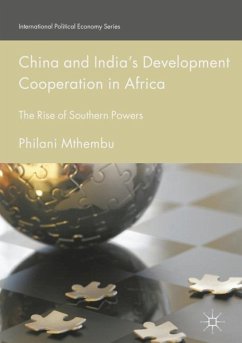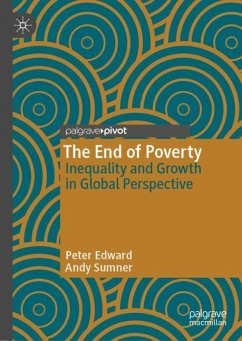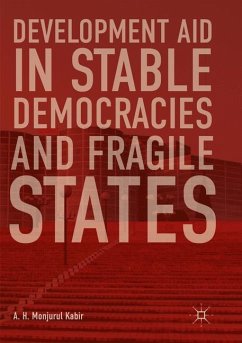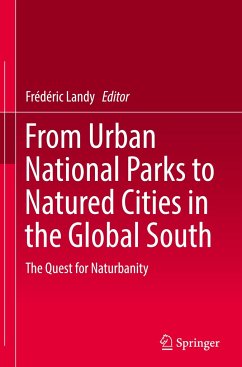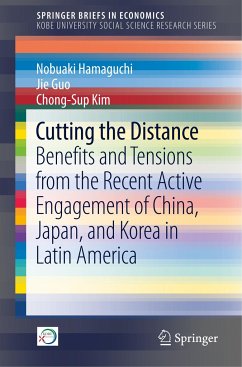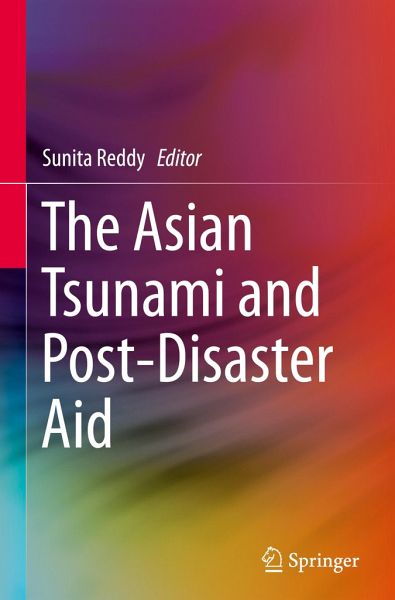
The Asian Tsunami and Post-Disaster Aid

PAYBACK Punkte
38 °P sammeln!
Through the lens of the Asian tsunami, this book problematizes concepts that are normally taken for granted in disaster discourse, including relief, recovery, reconstruction and rehabilitation. The unprecedented flow of humanitarian aid after the Asian tsunami, though well-intentioned, showed adverse effects and unintended consequences in the lives of people in the communities across nations. Aid led not only to widespread relief and recovery but also to an exacerbation of old forms of inequities and the creation of new ones arising from the prioritization, distribution and management of aid. ...
Through the lens of the Asian tsunami, this book problematizes concepts that are normally taken for granted in disaster discourse, including relief, recovery, reconstruction and rehabilitation. The unprecedented flow of humanitarian aid after the Asian tsunami, though well-intentioned, showed adverse effects and unintended consequences in the lives of people in the communities across nations. Aid led not only to widespread relief and recovery but also to an exacerbation of old forms of inequities and the creation of new ones arising from the prioritization, distribution and management of aid. This, in turn, led to the incongruity between the needs and expectations of the affected and the agendas of aid agencies and their various intermediaries. This book examines the long-term consequences of post-disaster aid by posing the following questions: What has the aid been expended on? Where has the aid primarily been expended, and how? And what were the unintended consequences of post-disaster aid for the communities?
This topical volume is of interest to social scientists, human rights and law researchers and environmental scientists interested in disaster studies.
This topical volume is of interest to social scientists, human rights and law researchers and environmental scientists interested in disaster studies.



